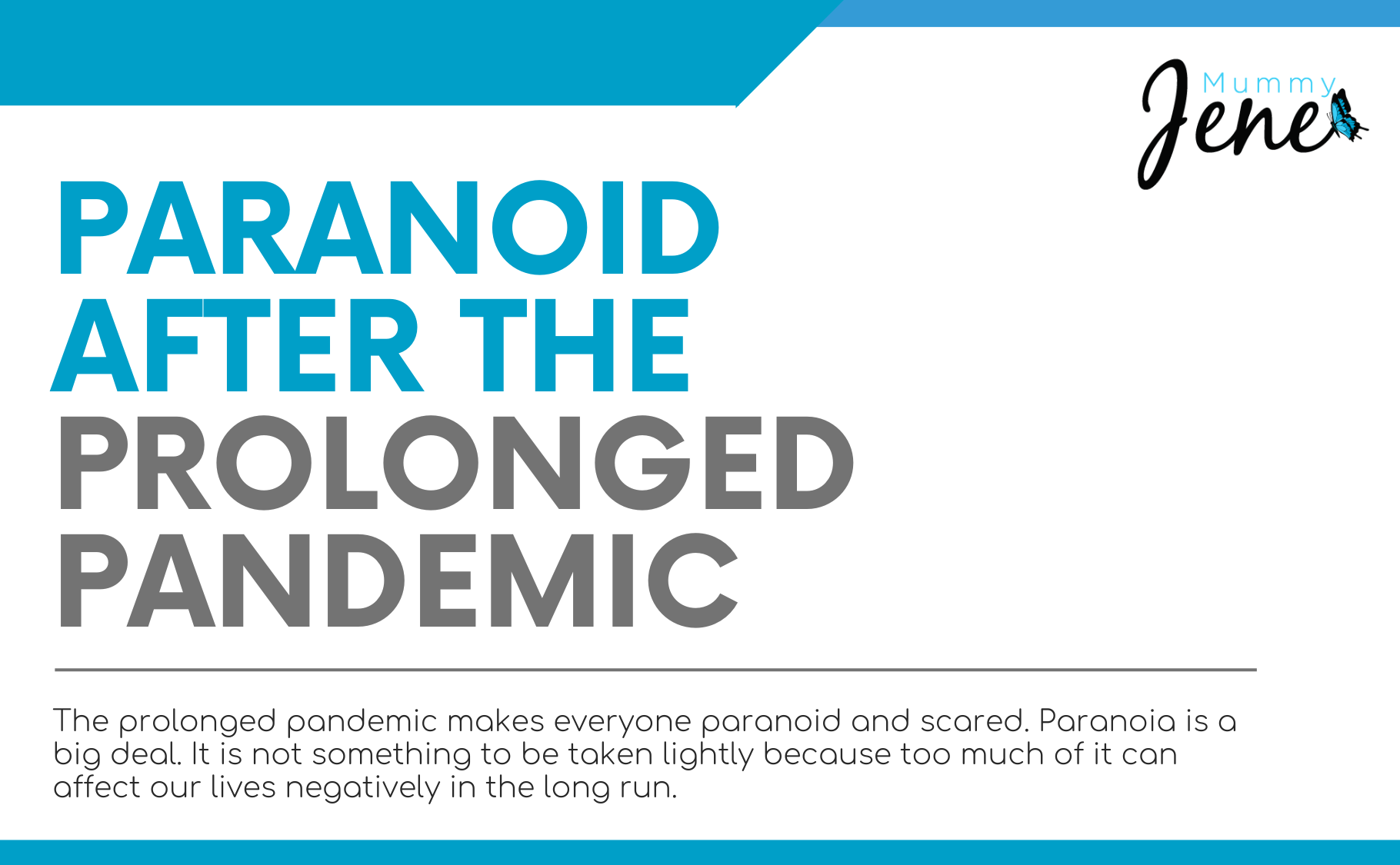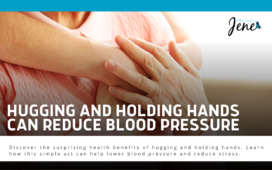In just less than a year, the Novel Corona (COVID-19) pandemic has changed the world. It dramatically affects day-to-day activities across the globe. It changed our working, learning, and interaction as social distancing opens its way to a virtual existence, both personally and professionally. Employees lost their jobs, and business owners closed their businesses, leading them to find luck in the virtual world. In contrast, others who are not educated enough or exposed to gadgets and the internet begged for help from others and the government. I have witnessed this predicament in my family and in the community that I am currently residing in. People here are struggling to survive – and while we continue to find ways to earn, there is still fear that we could be exposed to the virus anytime. The impact of the prolonged pandemic is stress, anxiety, and paranoia. Furthermore, the predicaments we have encountered due to the pandemic are the culprits of paranoia.
Symptoms Of Paranoia
- Mistrust
- Hostility
- Can’t forgive easily
- Defensive towards criticism
- Fear of fraud or taken advantage of
- Inability to relax
- Argumentative
Hearing the death of someone we knew, losing a job, businesses closed, or being isolated from everyone brought us anxiety and uncertainties. According to surveys and reports, suicide incidents increased, and the world is now battling mental health issues. COVID-19 crisis caused a lot of difficulties for most of us. Such conditions caused fear, mistrust and sometimes led us to believe old theories previously ignored. Some of us even resort to quackery, considering everything we have heard and applying it to protect, treat, and cure us.
Effects Of Being Paranoid In This Pandemic
- Can put you at high risk of suicidal thoughts
- Tend to discriminate against others
- Fearful
- Can lead to schizophrenia paranoia
- Constantly agitated and have difficulty to relax
- Mistrust to the people around us and the government
The prolonged pandemic made us vulnerable to stress. It proliferates fear, paranoia, and anxiety, leading to racial discrimination, propagation of conspiracy theories, and unscientific misrepresentation. The increasing number of fatalities triggered fear and mistrust of the government and the people around us. It is because the existential need to feel safe was unmet. Remember the viral videos on social media about how the westerners attack Asian tourists? Just because COVID19 started in China, they believe that all Asian-looking people they meet in the street could be carriers of the virus. Racial discrimination happened not just in one country. It is because everyone is experiencing paranoia.
How To Calm Down Paranoia?
Paranoia is different from anxiety. It is focused only on a specific source of stress. In our situation now, the effects of the pandemic, which is mostly the fear of getting infected, often are the root cause of paranoia. We become scared, doubtful, and suspicious of other people. As I mentioned earlier, these conditions gave us false beliefs, and we became unscrupulous. Getting away with paranoia is not easy, especially there is still no assurance of a cure to COVID19. We can still feel The effects of a prolonged pandemic. The pandemic is not yet over. Though some survived the virus, and the vaccination has started, new variants still threaten our daily fight for survival. However, below are things we can do to cope or overcome paranoia.
- Look for support around you, or talk to someone about it. Knowing you are not alone and many feel the same way as you can help you cope.
- Avoid reading information from untrusted sources. Do not engage in gossip and hearsays.
- Keep yourself busy and productive at home. During lockdown or quarantine, read a book, or do some gardening.
- Follow health protocols and take care of yourself.
The pandemic has caused a lot of stress, and these stressful situations manifest anxiety and paranoia. Being paranoid is a common symptom of schizophrenia. But it doesn’t always mean that when you are paranoid, you have a mental illness. Sometimes it is just a normal stress reaction.








